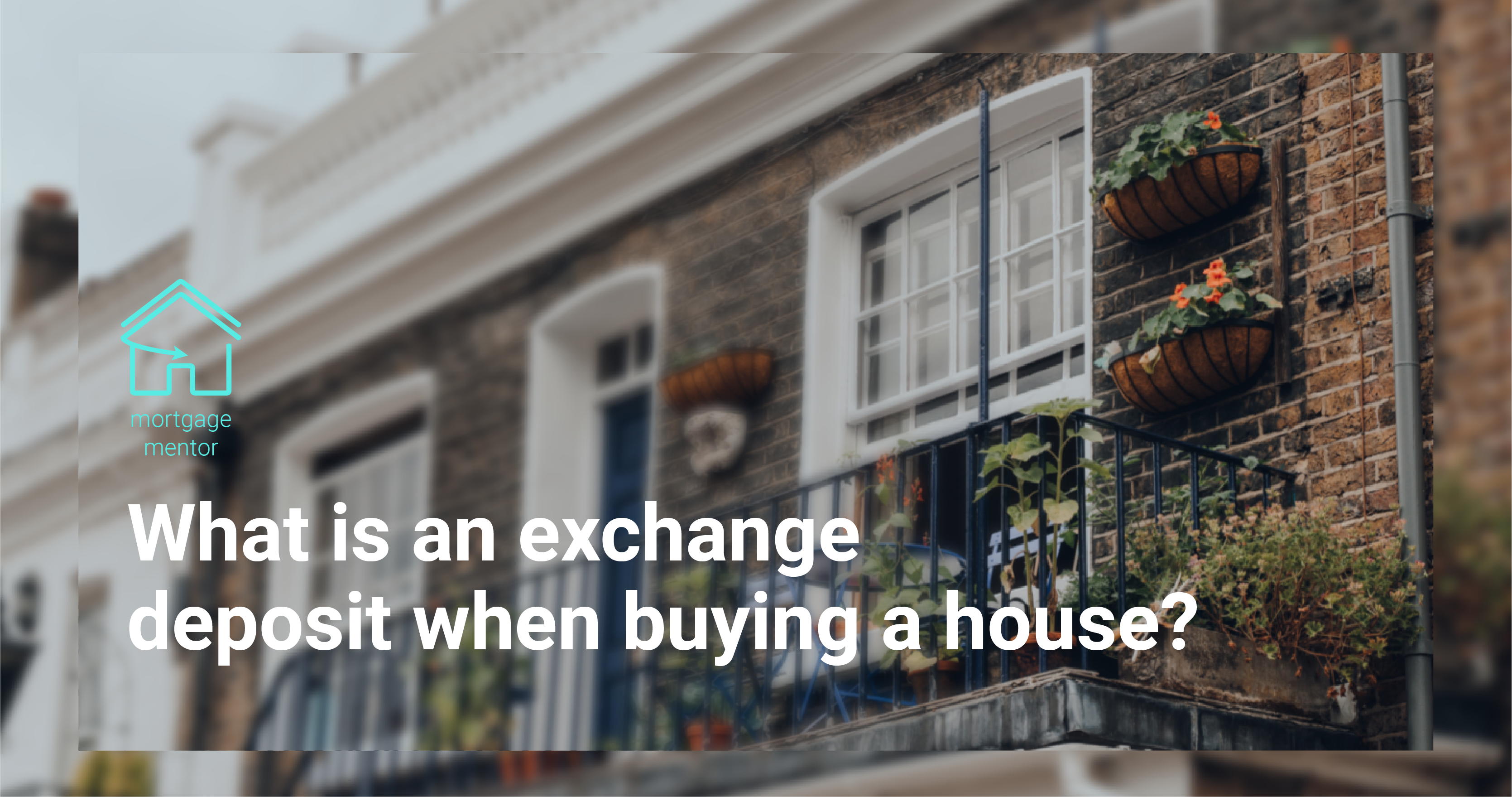
If you're new to the property world, you may ask, 'What is the deposit when buying a house?' A mortgage deposit is a sum of capital that you pay upfront for the purchase of a property. If you are looking to buy a home with a mortgage, you will need a deposit to do this.
In all likelihood, you will need to pay at least 5% of a property's value out of your own pocket when buying a home. The amount required could be more. The larger your deposit, the greater the percentage of the property you will own outright. This will mean you need a smaller mortgage to pay the rest of the property's value, and this could mean lower monthly repayments.
As previously stated, the minimum requirement for your mortgage deposit could be as low as 5%. It depends on factors like your circumstances, the property you are buying's value and your intentions for the property. When purchasing a home to live in, the minimum deposit is usually 5% or 10% of the property value.
This means that, if the property were valued at £250,000, the minimum deposit would be as follows:
You must prove that your deposit comes from a legitimate source. If you saved it yourself, you would need to show bank statements with a history of regular payments. If you used a government Help to Buy ISA, you would need evidence. And if it was a gifted deposit, you must show the transfer of funds and how the person gifting them raised the capital.
One of the critical factors for lenders calculating the amount they are willing to lend is the size of your deposit. As we've mentioned, lenders generally have a minimum requirement of 5% or 10% of the property price. However, if you can afford to pay more than the minimum, you may be able to borrow more and reduce your monthly repayments.
Various other factors determine the amount you can borrow. These include:
It is possible to get a rough idea of the amount you will be able to borrow before applying. There are mortgage calculators that can help you do this, or you could work with an experienced mortgage broker to give you a strong idea of where you stand.
Most lenders also have a maximum amount they will be willing to offer, so keep this in mind when looking at the market and working out what is within your budget.
Average mortgage deposits for first-time buyers vary by region and tend to change from one year to the next. House prices in the south, particularly in and around London, tend to be significantly higher, so larger deposits are required if you wish to buy there.
When deciding on the deposit you can afford, you need to be realistic about what is manageable. The Government offers a Help to Buy scheme for first-time buyers. Under this scheme, you get an equity loan from the Government to boost a deposit of as little as 5% up to 20% (40% in London), enabling you to get a larger mortgage to buy the home you want. The equity loan is only available in England and must be repaid when you sell the property. There are also price limits for the homes you can buy, which must be new builds.
Remember, the more significant your deposit, the lower your monthly repayments will be, and you'll have a more significant share of equity in your home.
Shared ownership is a scheme to help people get on the housing ladder by owning a percentage of their homes. It can be anything from 25% to 75%, with the remaining portion owned by a housing association. You must pay rent on the percentage that you do not own, but the rest is yours.
When you buy into a shared ownership home, you will still need a deposit. The minimum deposit requirement will vary from property to property and from lender to lender, but it typically starts at 5% or 10%.
If, for example, you choose to buy a 25% share of a property that has a full market value of £200,000, your share will be worth £50,000. For a 5% deposit, this would be £2,500, and for a 10% deposit, you would need to put down £5,000.
When considering 'What is the deposit when buying a house?', you should be aware that certain things could mean the minimum requirement is higher. For example, if you are looking to purchase a property to rent out, you will need a buy-to-let mortgage, and the minimum deposit is usually around 25%.
Another scenario where lenders may insist on a higher deposit is if you have adverse credit on the record. Many lenders will simply refuse to lend to a person with bad credit. Some specialist lenders may be willing to consider your application but will almost invariably insist on a larger deposit to mitigate the risk associated with your adverse credit history.
Your deposit is precious if you are buying a home with a mortgage. However you save it, your deposit will dictate the amount you can get for your property purchase as well as how much your monthly repayments will be. If you are a first-time buyer, it may be helpful to take advantage of the Help to Buy scheme, though it is wise to seek expert advice to understand what is most suitable for you.
If you still have questions, you can use the MortgagX app to find answers. To get professional, personalised advice, contact a reputable mortgage broker. Remember, as a mortgage is secured against your home/property, it may be repossessed if you do not keep up with the mortgage repayments.
Contact Us